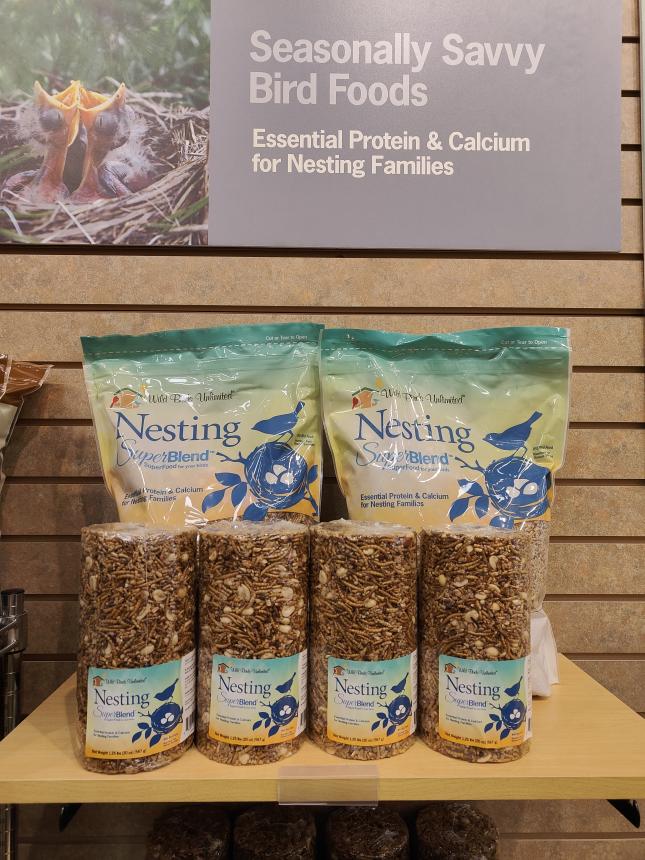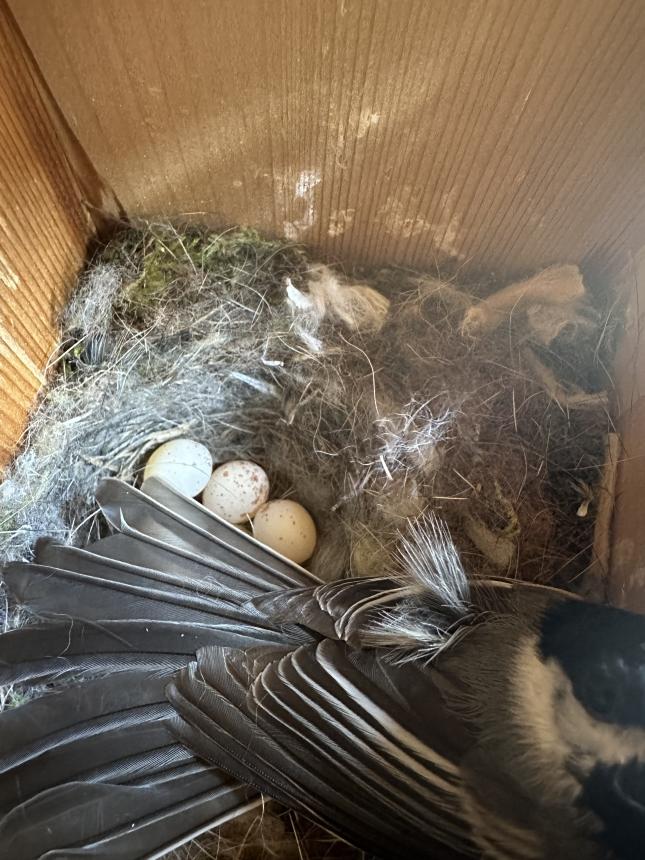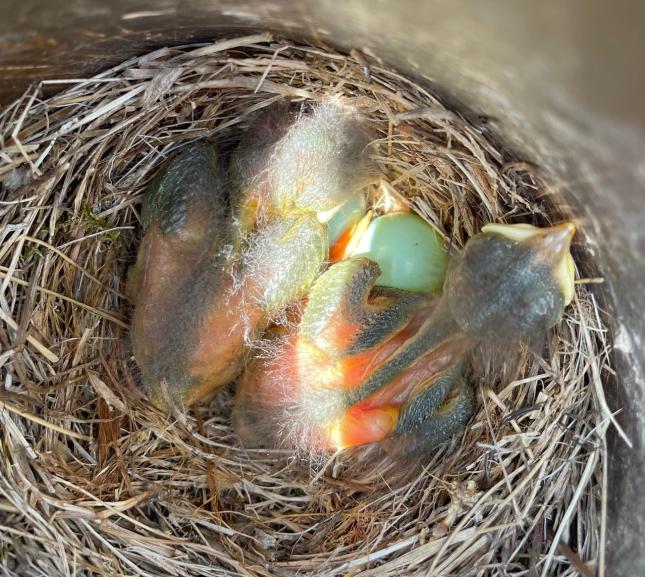Saturday, June 8th from 8 AM to 10 AM (in-store) - Breakfast with the Birds Hikewill take you through 3 different habitats and help you identify birds with binoculars.
Thursday, June 13th from 7 PM to 8 PM (in-store) - Best Bird Dadsteaches you about the great things male birds do to take care of their mates and babies.
Monday, June 17th at 10 AM (Hamburg Fitness Sunny Days Camp) - Laurel is teaching the day campers all about why birds sing and will aid in planning other birding activities for them to enjoy for the remainder of the summer.




